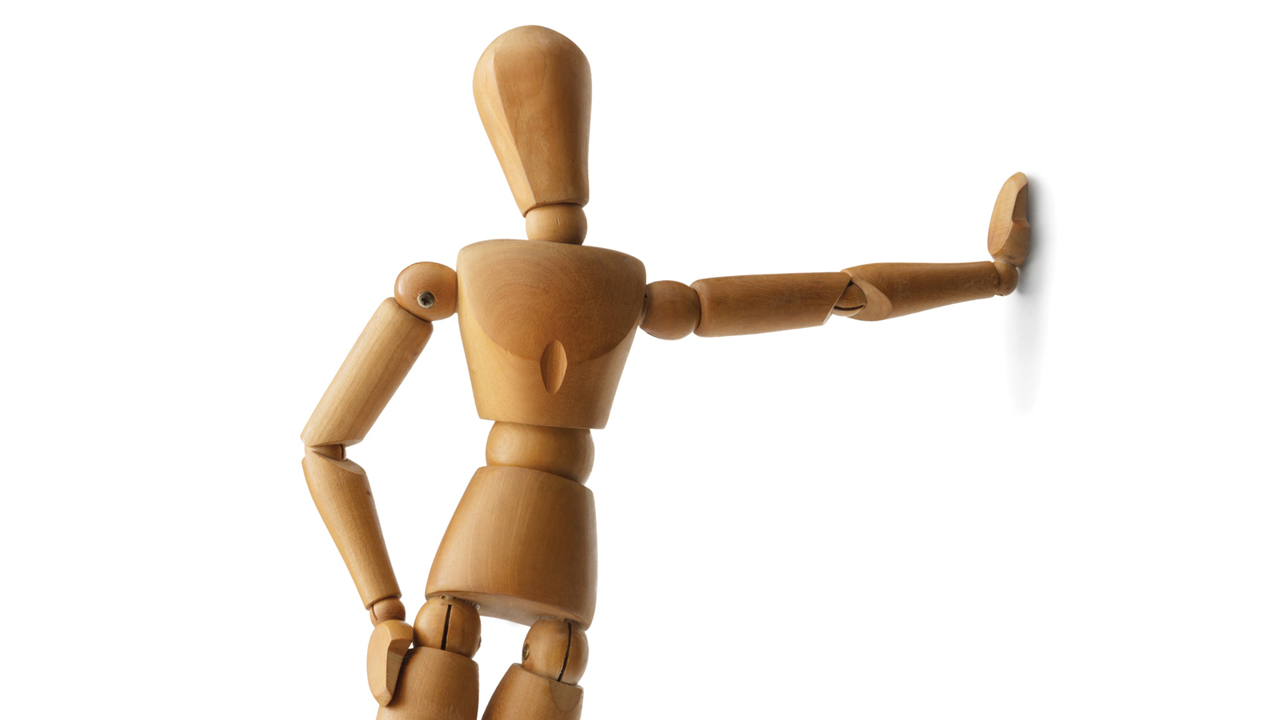“These sessions were an opportunity to discuss the various systems of the body, the role of nutrients, and how the body works to take care of itself rather than needing to be controlled,” explains Robbi Alexander, PhD, APN, PMHCNS-BC, Director of Princeton Center for Eating Disorders, who facilitated the series. “Patients wrote down everything they knew about their bodies, and we then separated myths from reality.”
The series concluded with a “Body Stuff” activity, with Dr. Alexander sewing fabric into not-so-perfect doll shapes that patients could stuff and decorate. Inside their doll, each patient placed a red glitter heart that featured a message they wrote to themselves. While working on the art, they continued to discuss their bodies and their health – including the fact that most medical complications of eating disorders can be reversed with adequate nutrition.
 Donor Support
Facilitates Projects
Donor Support
Facilitates Projects
The “Body Stuff” activity is one of many initiatives funded through philanthropic support from the community. This ongoing support has included a fundraising campaign coordinated by former patient Eliza Cekirge,* age 13, who wanted to give back to a program that helped shape who she is today.
“Our community has always been a true partner in making projects like these possible,” says Hyona Revere, Senior Vice President of Development for Princeton Medical Center Foundation. “It’s incredibly meaningful for our staff, physicians, and patients to know that the community entrusts us with their care and supports the work that’s happening here.”

